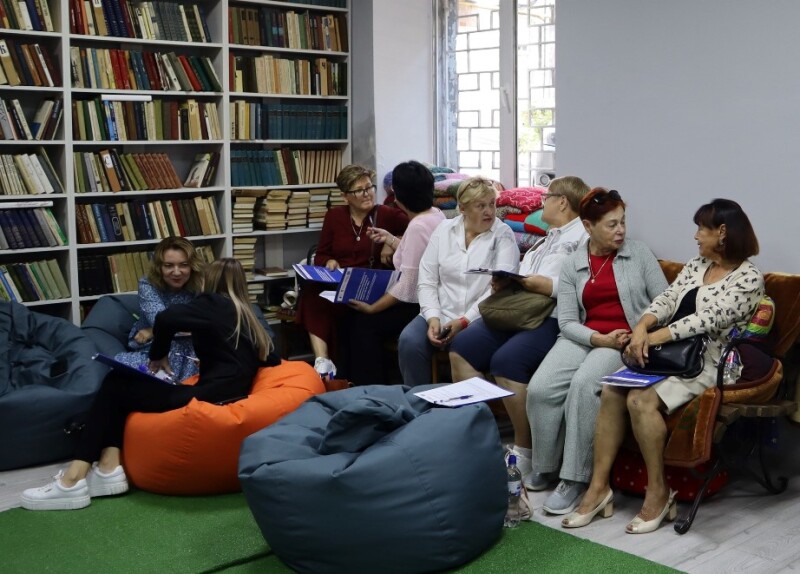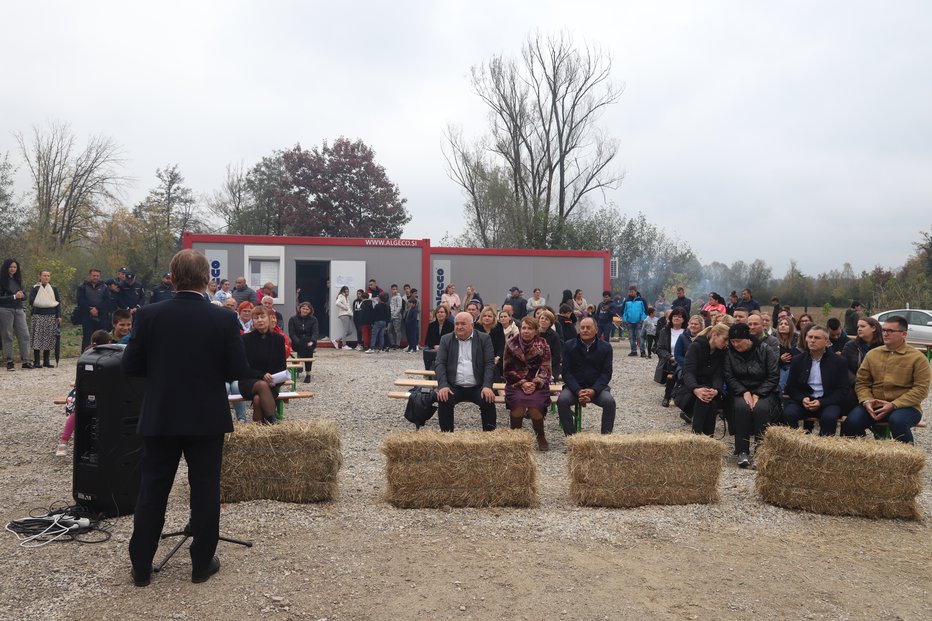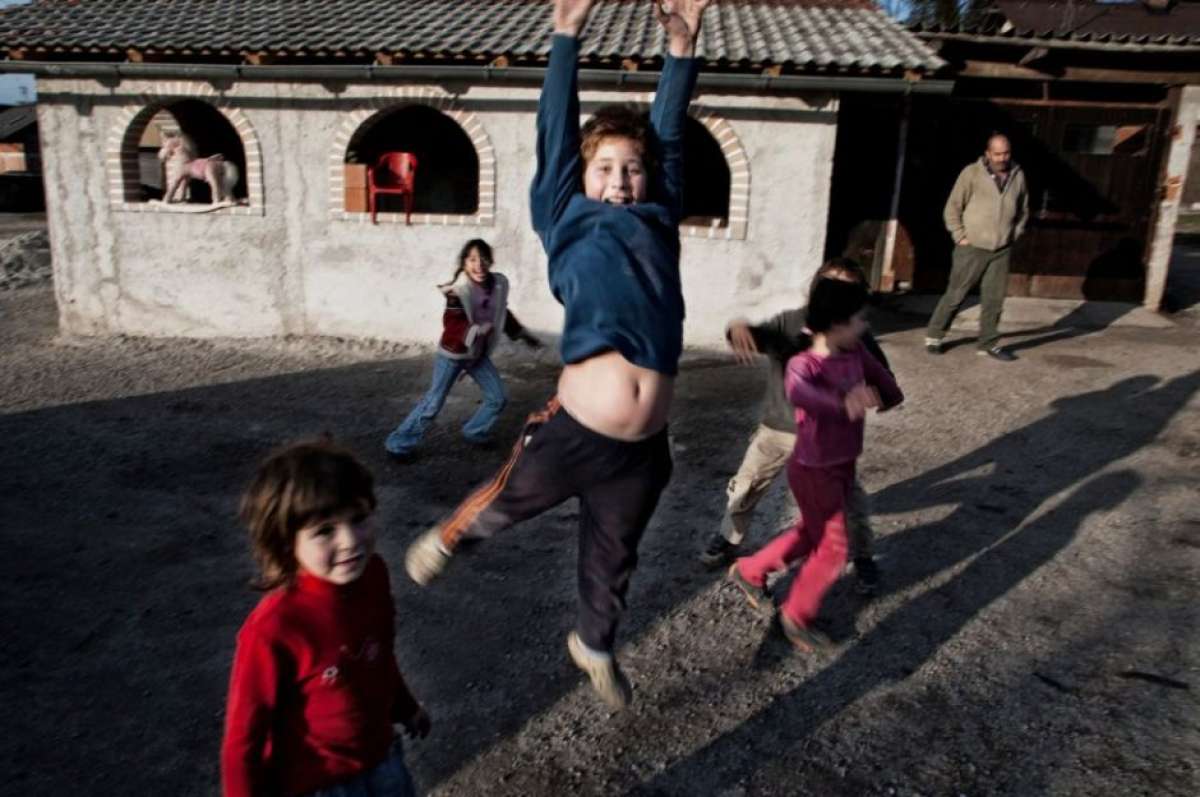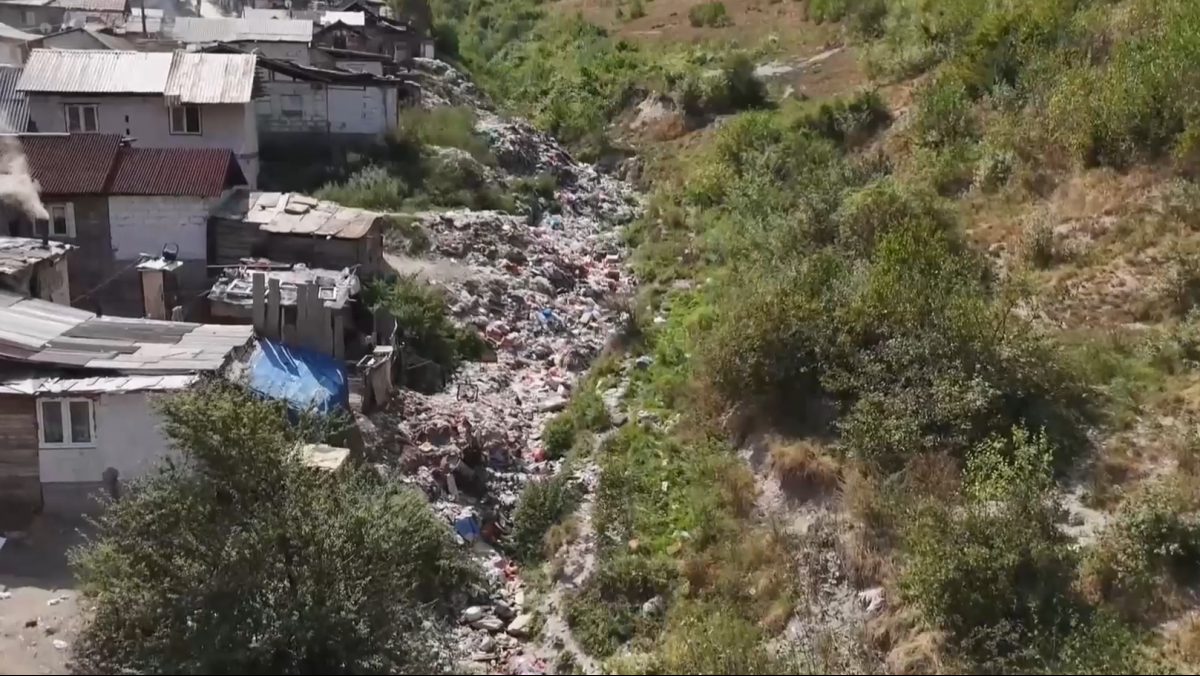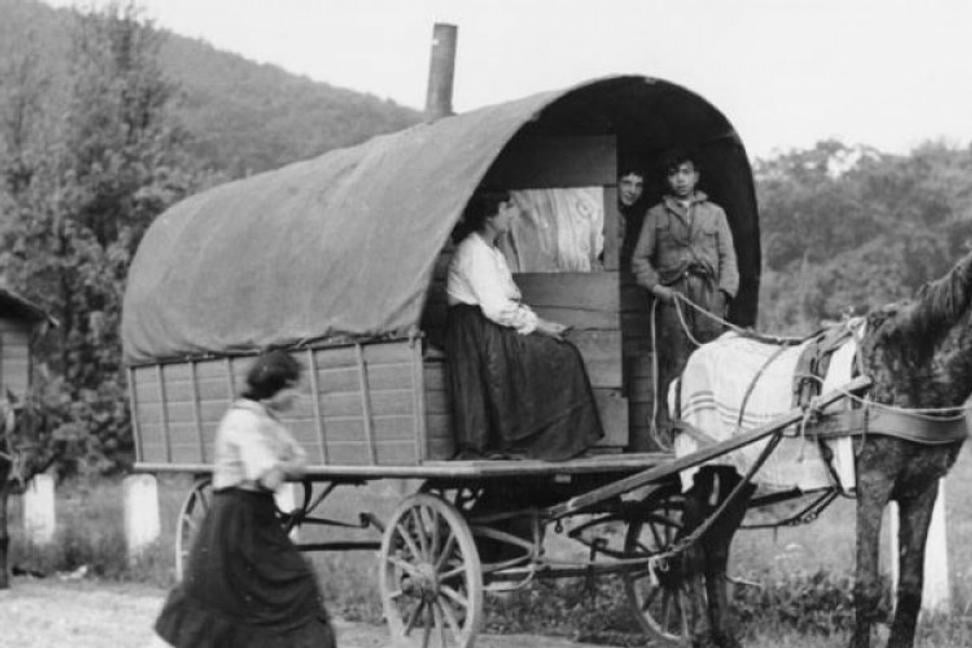Aproject in the Lutsk region, “Stronger together: support and expansion of opportunities for national minorities in Lutsk during the war” financed in part by the Council of Europe, is aimed at creating a favorable and inclusive environment for national minorities in the community, helping to overcome challenges caused by the war, etc.
Resource meetings, psychological consultations, entrepreneurship, advocacy, and leadership workshops take place within the project. The target audience is representatives of national minorities (communities), internally displaced persons, representatives of the public sector who actively work with national minorities (communities).
- РЕСУРСНІ ЗУСТРІЧІ, ПСИХОЛОГІЧНІ КОНСУЛЬТАЦІЇ ТА ВОРКШОПИ: У ЛУЦЬКУ ДОПОМАГАЮТЬ НАЦІОНАЛЬНИМ МЕНШИНАМ. In: Volyn News. 18.10.2024. https://www.volynnews.com/news/all/resursni-zustrichi-psykholohichni-konsultatsiyi-ta-vorkshopy-u-lutsku-dopomahaiut-natsionalnym-menshynam/
